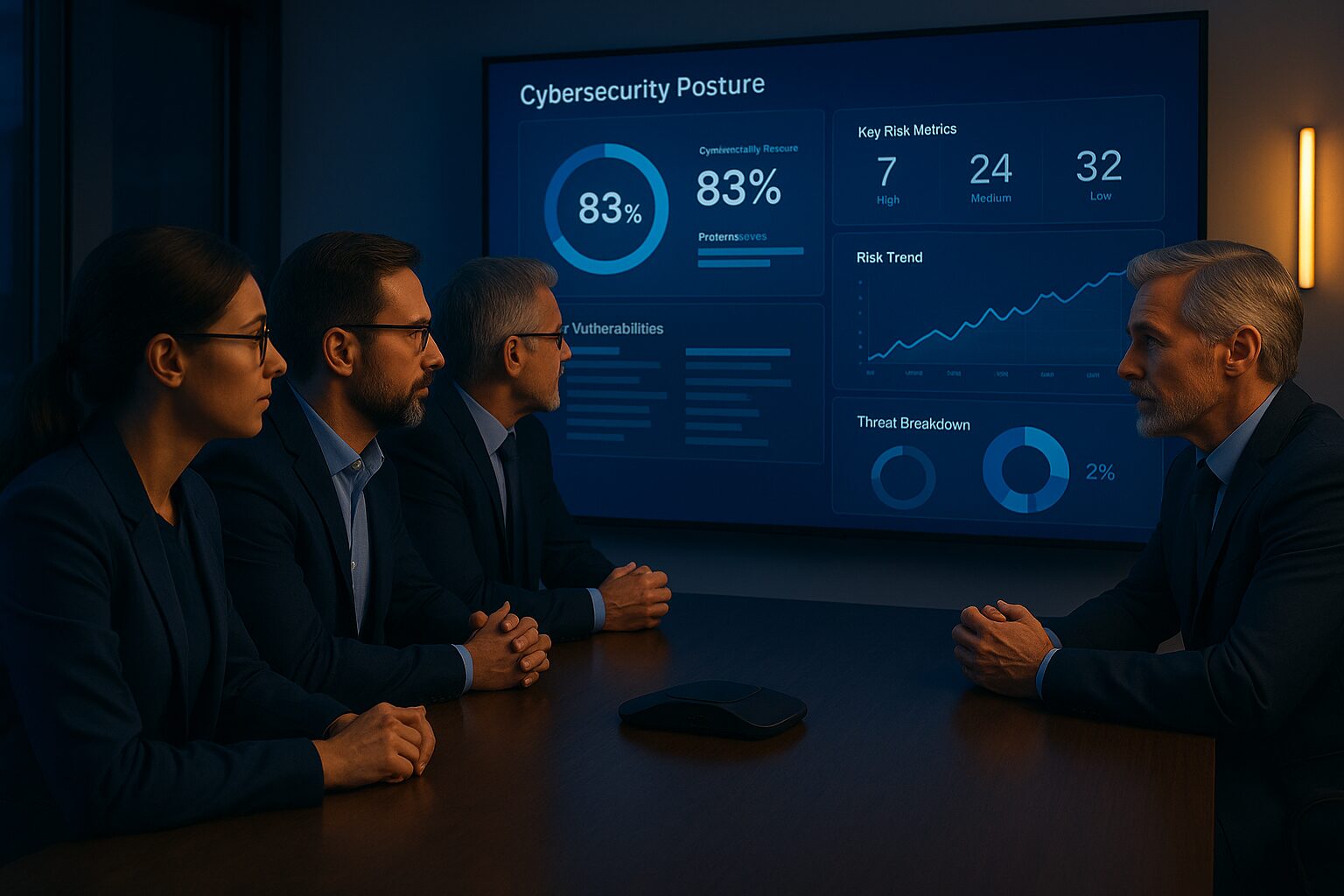Cybersecurity is a critical issue in the banking industry. With the increasing reliance on technology and the internet in the financial sector, it is important for banks to have robust security measures in place to protect against cyber threats. These threats can take the form of malware, phishing attacks, and other forms of cybercrime that aim to steal sensitive information or disrupt financial transactions. In this article, we will explore the benefits of proper cyber hygiene, the various cybersecurity threats faced by the banking industry, and discuss best practices for protecting against these risks.
Benefits of Proper Cyber Hygiene
Cybersecurity is becoming increasingly important for the banking industry as cyber threats continue to rise. Cyber attacks on banks can lead to financial losses, damage to reputation, and loss of customer trust. By implementing effective cybersecurity measures, banks can protect themselves and their customers from these threats and reap numerous benefits.
- Protecting Sensitive Data: One of the main benefits of cybersecurity for banking is protecting sensitive financial information. Banks handle a large amount of sensitive data, including customer account numbers, credit card numbers, and social security numbers. If this information falls into the wrong hands, it can be used for identity theft or other fraudulent activities. Cybersecurity measures, such as secure servers and encryption, can help to prevent unauthorized access to this sensitive information and keep it safe from cybercriminals.
- Financial Loss Prevention: Another benefit of cybersecurity for banks is the prevention of financial losses. Cyber attacks on banks can lead to the theft of large sums of money, which can have a significant impact on the bank’s financial stability. By implementing strong cybersecurity measures, banks can reduce the risk of financial losses due to cyber attacks. This is particularly important for smaller banks, which may not have the resources to absorb large financial losses.
- Reputation: Cyber attacks on banks can also lead to damage to the bank’s reputation and loss of customer trust. Customers may lose confidence in a bank if they believe it is not doing enough to protect their personal and financial information. This can lead to a decline in business and a loss of customers. Banks can demonstrate their commitment to protecting customer data and maintaining customer trust by investing in cybersecurity.
- IT Infrastructure: Another benefit of cybersecurity for banking is the protection of the bank’s infrastructure and systems. Cyber attacks can disrupt the bank’s operations and cause downtime, which can be costly and inconvenient for the bank and its customers. Cybersecurity measures, such as firewalls and intrusion detection systems, can help prevent these attacks and keep the bank’s systems running smoothly.
- Compliance: Cybersecurity is also important for complying with regulations and industry standards. Many countries have laws and regulations requiring banks to implement specific cybersecurity measures to protect customer data. By complying with these regulations, banks can avoid fines and other penalties. Additionally, industry standards, such as the Payment Card Industry Data Security Standard (PCI DSS), require banks to meet certain cybersecurity requirements in order to process credit card transactions. By meeting these standards, banks can ensure that they are able to continue offering this important service to their customers.
Common Cyber Threats Facing Banks
There are many different types of cyber threats that banks face, including:
- Phishing attacks: These are fraudulent emails that appear to be from a legitimate source, often trying to trick the recipient into revealing sensitive information or clicking on a malicious link.
- Malware: This refers to software that is designed to disrupt, damage, or gain unauthorized access to a computer system. Malware can be delivered through email attachments, infected websites, or other means.
- Ransomware: This type of malware encrypts a victim’s data and demands a ransom from the victim to restore access. Ransomware attacks can be particularly damaging to banks, as they can disrupt critical systems and prevent access to sensitive data.
- Denial of service (DoS) attacks: These attacks involve overwhelming a website or network with traffic, making it unavailable to legitimate users.
- Insider threats: These refer to threats that come from within an organization, such as employees or contractors who have access to sensitive information. Insider threats can be difficult to detect and prevent, as they often involve individuals with legitimate access to systems and data.
Measures To Mitigate Cyber Risks
There are several best practices that banks can follow to protect themselves and their customers from cyber threats:
- Implement strong password policies: Banks should require employees to use strong, unique passwords and regularly update them.
- Use two-factor authentication: This involves requiring users to provide an additional piece of information, such as a code sent to their phone, in addition to their password to access sensitive systems or data.
- Conduct regular security audits: Banks should regularly assess their security systems and practices to identify and address vulnerabilities.
- Train employees on cybersecurity: Employees should be trained to recognize and avoid phishing attacks, as well as understand the importance of protecting sensitive data.
- Use encryption: Banks should encrypt sensitive data, such as customer financial information, to protect it from unauthorized access.
- Implement incident response plans: Banks should have a plan in place for responding to cyber attacks, including procedures for restoring systems and protecting customer data.
In conclusion, cybersecurity is essential for the banking industry. It protects sensitive financial information, prevents financial losses, maintains customer trust, protects the bank’s infrastructure and systems, and helps banks to comply with regulations and industry standards. By investing in cybersecurity, banks can protect themselves and their customers from cyber threats and enjoy numerous benefits.
If you are interested in learning more about Meriplex and what we do to protect financial institutions, contact us today!



